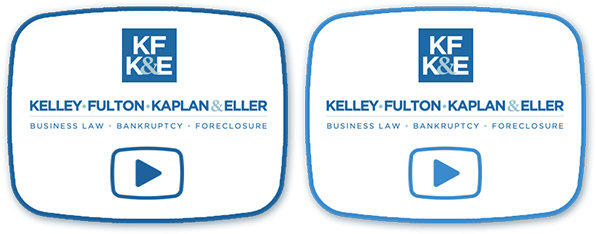Port St. Lucie Chapter 13 Bankruptcy Attorney
Federal law provides many different bankruptcy options for people who are struggling with high levels of unmanageable debt. Those who want to file bankruptcy to deal with personal debts generally have two options. They can file a Chapter 7 bankruptcy or a Chapter 13 bankruptcy. While a Chapter 7 bankruptcy will discharge debt, meaning people are not responsible for paying it, borrowers are often forced to sell some of their property during the process.
If you need a better way to handle your debt and want to keep your property, or you do not qualify for Chapter 7, filing Chapter 13 bankruptcy may be a better option. Our Port St. Lucie Chapter 13 bankruptcy attorney can help you through the process.
How Does Chapter 13 Bankruptcy Work in Port St. Lucie?
Also known as a wage earner’s bankruptcy, Chapter 13 will allow you to make arrangements with your creditors to repay your debts within a specific timeframe. Generally speaking, repayment plans in Chapter 13 generally last between three to five years. Unlike in a Chapter 7, you are not at risk of losing any property during Chapter 13 because your creditors are repaid all or most of the debt they are owed.
Chapter 13 does have some requirements. You must prove to the court that you earn a stable income, as this can establish that you can afford the payments outlined in the plan, along with your other daily and household expenses. If you do not have a steady income source, or your income is not high enough, you may not be eligible to file Chapter 13 bankruptcy.
You must also have debt that is within the limit handled by Chapter 13 bankruptcies. Secured debt has a limit of $1,184,200 and unsecured debt has a limit of $394,725. If your debt exceeds these limits, you are likely not eligible to file Chapter 13 bankruptcy.
What Debt Can You Include in a Chapter 13 Repayment Plan?
A Chapter 13 bankruptcy will classify your debt into different categories. Some of the most common of these are as follows:
- Priority debts, such as tax obligations, child support, and criminal fines
- Secured debts that have collateral attached to them, such as homes and vehicles
- Unsecured debt, such as credit card obligations
- Non-exempt property, which includes assets you cannot afford to keep, but that also are not protected by Florida’s exemption laws
Regardless of the type of debt included in your repayment plan, it is essential that you make payments according to the plan. If you do not, you will face serious penalties, including being responsible for all of your debt immediately and the plan being rendered void by the court.
Call Our Chapter 13 Bankruptcy Attorney in Port St. Lucie Now
If you believe Chapter 13 is the right option for you, do not go through the complicated process on your own. At Kelley Kaplan & Eller, our Port St. Lucie Chapter 13 bankruptcy attorney can provide the sound legal advice you need and give you the best chance of a successful outcome. Call us now at 561-264-6850 or contact us online to schedule a consultation.




